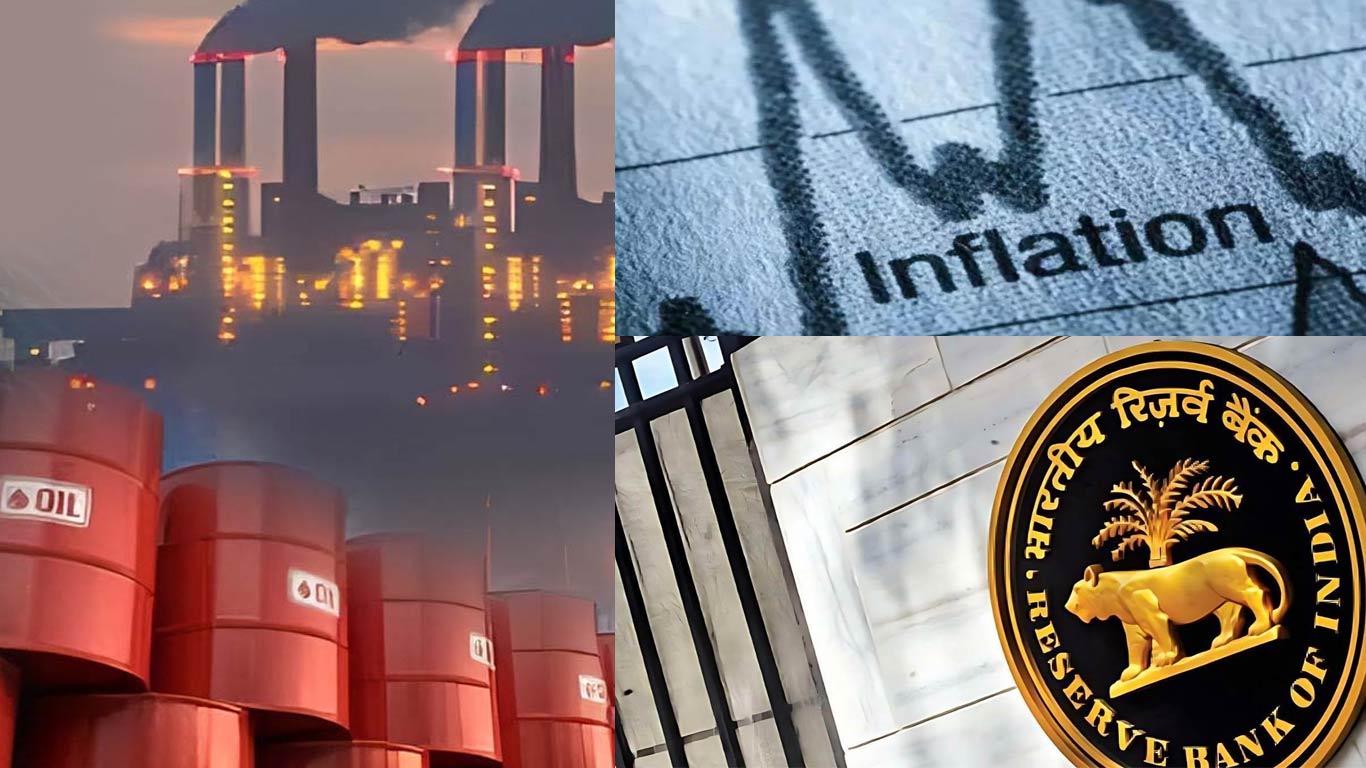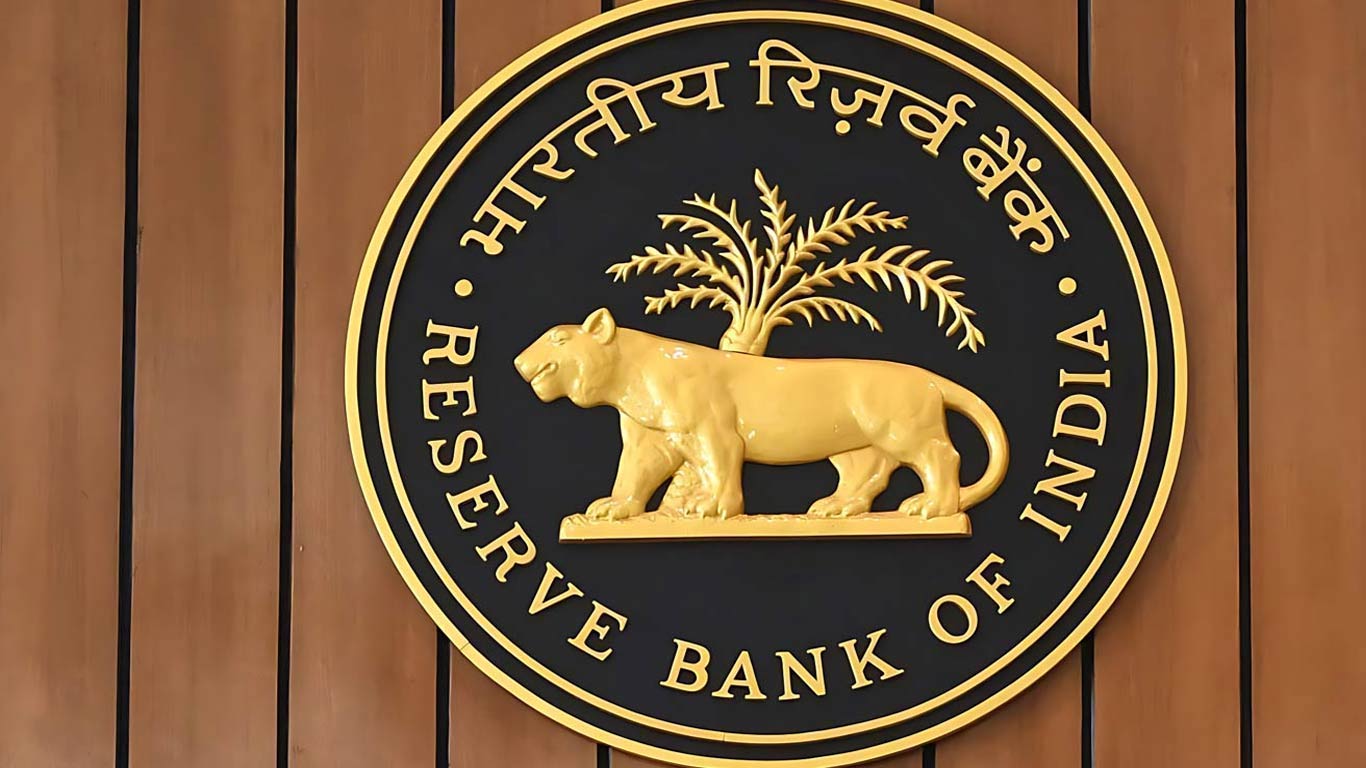TReDS should first be made mandatory for corporate and PSUs and later for Govt Depts: RBI Dy Governor
Updated: Jun 19, 2017 09:24:10am

TReDS should first be made mandatory for corporate and PSUs and later for Govt Depts: RBI Dy Governor
New Delhi, June 19 (KNN) Noting that Trade Receivables and Discounting System (TReDS) initiative can be a game changer for the MSME sector, RBI Deputy Governor SS Mundra suggested that use of TReDS should be made mandatory for, to begin with corporate and PSUs and later for the Government departments.
He was addressing the 3rd Bankers Borrowers Business Summit in the national capital recently.
He said regulators and policy makers have an equal responsibility for supporting the cause of MSME sector.
“It is pertinent however to mention that the regulators/policy makers are better as enablers rather than doers. Whether it is creating avenues for flow of finance to the sector, creating easy climate for doing business or assisting the firms in distress- both Government of India and RBI have been extremely conscious to the needs of the MSME sector,” Mundra said.
Emphasizing the Recent Policy Measures and Work-in Progress for the MSME sector, Mundra spoke about various steps taken for smoothening the flow of finance.
He said RBI’s initiative on creating a TReDS platform to serve as an exchange for electronically accepting and settling bills to enable the MSMEs to encash their receivables, has borne fruition.
The system seeks to facilitate financing of trade receivables of MSMEs from corporate and other buyers, including government departments and public sector undertakings (PSUs) through multiple financiers. Out of the three licensed entities, two have already commenced operations.
“It would be important that the use of TReDS is made mandatory for, to begin with corporate and PSUs and later for the Government departments. I would urge ASSOCHAM and the MSME Ministry to proactively examine this aspect as success of TReDS initiative can be a game changer for the sector,” he said.
On New institutions and New Processes, Mundra said besides the two new universal banks, RBI has issued banking licenses to all ten Small Finance Banks that had received in-principle approval from RBI.
Seven of them have commenced operations while the remaining three should become operational in next couple of months.
The licensing condition of these banks entails focusing on lending to un-served and under-served sections including small business units, small and marginal farmers, micro and small industries and unorganized sector entities. The SFBs will be required to extend 75 per cent of their loans to the sectors eligible for classification as priority sector by the Reserve Bank with at least 50 per cent of the loan portfolio constituting advances up to Rs. 25 lakh. We believe that on account of their prior experience as MFIs/NBFCs, these new banks would be able to serve the MSME sector with aplomb.
“Along with measures to improve accessibility, there is also a need to concentrate on new modes of delivery. Reaching out to the MSMEs in the remote corners has always been a complex issue in view of lack of brick and mortar branches across the country. One possible solution for this problem is convergence of efforts between banks on one hand and the NBFCs, MFIs on the other who are more familiar with local conditions, business viability, better information about the credit worthiness of individuals, their repayment capabilities etc,” he said.
“Currently, within RBI, we are deliberating on a framework for co-origination of loans by banks and the NBFCs/MFIs with risk participation which would leverage upon unique strength of both entities, while benefitting the entrepreneurs in form of lower credit costs,” Mundra said.
For improving Ease of Doing Business Climate, Mundra highlighted that an Udyami Mitra Portal has been set up by SIDBI, leveraging the IT architecture of their Stand-Up Mitra portal, which aims at instilling ease of access to MSMEs’ financial and non-financial service needs.
The Portal, as a virtual market place endeavours to provide 'End to End' solutions not only for credit delivery but also for the host of credit-plus services by way of hand holding support, application tracking and multiple interface with stakeholders (i.e. banks, service providers, applicants).
For resolving stress in MSME sector, Mundra said, based on a framework approved by the GoI, RBI has issued guidelines on ‘Revival and Rehabilitation of MSMEs’ in March 2016.
Government of India has further approved the Insolvency and Bankruptcy Code 2016 with an objective of expediting resolution of stressed assets and streamlining the process of liquidating a business.
The Code also provides for a fast track insolvency resolution process which will be an enabler for start-ups and MSMEs to complete the resolution process in 90 days (extendable to 45 days in deserving cases), he said. (KNN Bureau)











